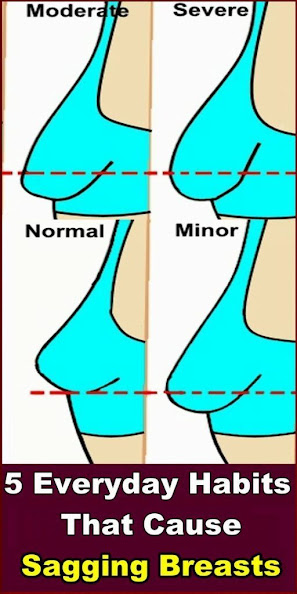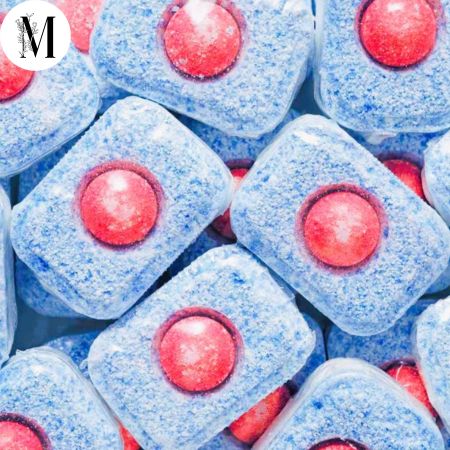An important component of life, water is necessary for our bodies to operate properly. Despite its importance, many individuals underestimate the significance of staying hydrated. Inadequate water intake can lead to a variety of health problems, some of which may not be immediately apparent. This article discusses 11 signs that indicate you’re not consuming enough water and highlights the importance of maintaining proper hydration.
11 Signs You Don’t Drink Enough Water
- 1-Dark Urine: One of the most straightforward indicators of insufficient water intake is the color of your urine. Dark yellow or amber-colored urine is a sign that your body is not receiving enough water. Adequate hydration typically results in pale yellow to clear urine, reflecting a healthy balance of fluids.
- 2-Infrequent Urination: If you find yourself visiting the bathroom less frequently than usual, it could be a sign that you’re not drinking enough water. Healthy individuals generally urinate 6 to 7 times a day. Decreased urination may lead to the accumulation of toxins and waste products in your body.
- 3-Dry Skin and Lips: Dehydrated skin lacks the moisture it needs to stay supple and vibrant. Insufficient water intake can cause your skin to become dry, flaky, and more prone to irritation. Chapped lips are another common indicator of dehydration, as your body redirects water away from less essential functions to vital organs.
- 4-Fatigue and Low Energy: If you often feel tired and sluggish, even after a good night’s sleep, inadequate hydration could be a contributing factor. Dehydration can lead to a drop in blood volume and a reduction in oxygen delivery to cells, resulting in feelings of fatigue and reduced energy levels.
- 5-Headaches and Dizziness: Some people have headaches and migraines as a result of dehydration.When your body lacks water, your brain temporarily contracts due to fluid loss, pulling away from the skull and causing pain. Dizziness or lightheadedness can also occur as a result of reduced blood flow to the brain.
- 6-Difficulty Concentrating: The brain requires proper hydration to function optimally. Inadequate water intake can impair cognitive functions, such as memory, focus, and concentration. If you find it challenging to concentrate on tasks, it might be time to reassess your fluid intake.


